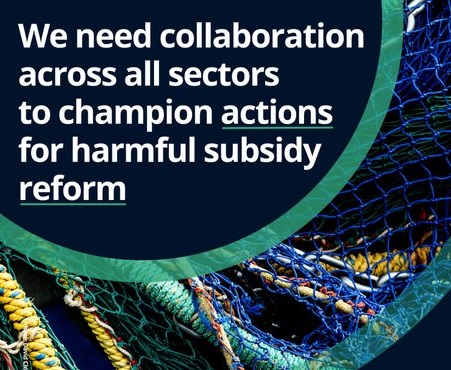COP15 biodiversity summit: Paving the road to extinction with good intentions
The good news: Every country on Earth except the United States and the Holy See just committed to 23 targets intended to put the world on a path toward living in harmony with nature by 2050.
The bad news: The tepid agreement is two years late and $670 billion short of what’s needed.



